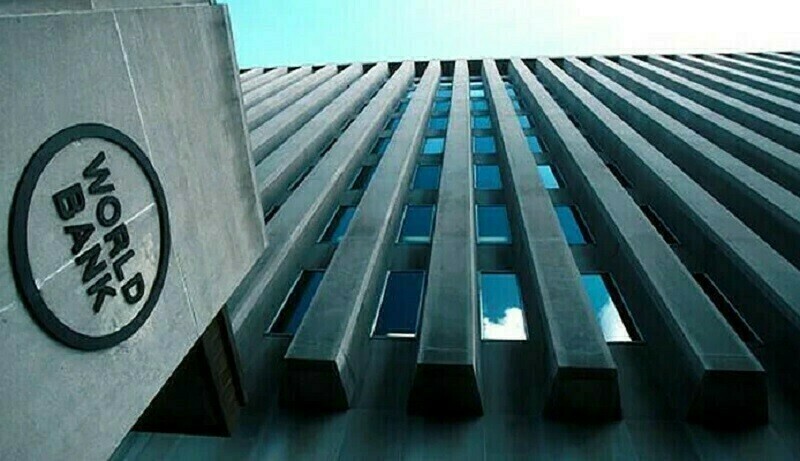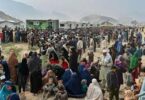The World Bank on Tuesday cautioned Pakistan against short-term measures like domestic debt restructuring and attracting one-time investment through a new civil-military initiative, without addressing the country’s ‘big picture issues’ through reforms aimed at improving larger business climate, taxation, and human capital.
According to the global lender, the creation of a new institution is no quick fix to bring investment without improving the taxation system, competitive market conditions, and state-owned entities. The World Bank senior official was of the view that the government’s objective in creating the Special Investment Facilitation Council (SIFC) might be good and such steps could help once or twice, but it was no solution to Pakistan’s challenges, which could only be addressed by improving the business climate, providing a level playing field and removing distortions and tax exemptions.
A few days earlier, The Frontier Post categorically suggested to the government and honourable reader community that all those special and ad-hoc measures like the Special Investment Facilitation Council (SIFC) and Apex Committee on Terrorism, etc are temporary arrangments and could not be maintained in parallel to the already existing comprehensive government set up in the centre as well as in the provinces. Meanwhile, such arrangements further eroded the government system and national institutions, providing them with an exemption from necessary accountability and prosecution for failing to fulfil their primary responsibility.
Recently, the government has formed a high-level powerful committee to address long-held economic issues and bring local/foreign investment into the country. Which magnificently worked in resolving serious issues relating to currency smuggling, market manipulation, mismanagement, and corruption in the Power Generating and Power Distributing companies, etc. providing temporary relief to the public. The SIFC is robustly working to mainstream domestic issues along with attracting billions of dollars in foreign investment from friendly nations to revive a dismal national economy and reinvigorate hope in the dispirited nation.
The SIFC is currently working on a war footing in an emergency to fill up the investment gap and move the industry and economic activity in the country but all those actions need prudence and lawfulness while keeping the public interests supreme so no policy/ action of the government or SIFC prove to be counterproductive and disastrous for the nation at the later stage. Previously, the PML-N government in 2014-2015 signed highly controversial energy production agreements with the IPPs agreeing to billions of dollars in capacity payments that have now become a grave setback for the government at this point.
Presently, global financial institutions including the World Bank Group (WBG) and International Monetary Fund (IMF) are consistently highlighting the drawbacks and loopholes in the Pakistani government’s policies along with the possible repercussions that might confront the country in the long run. The World Bank has urged the country to improve the taxation system, competitive market conditions, and overhauling/privatization of state-owned entities along with improving the business climate, providing a level playing field and removing distortions and tax exemptions within the financial setups.
Meanwhile, the International Monetary Fund (IMF) had also advised the government against creating a group of preferred investors and urged for above-the-board transparency and accountability, even in SIFC-led investments. In the prevailing scenario and based on past experiences, the suggestions from global financial institutions are not irrelevant and worthless. The government currently confronts two main challenges relating to the country’s economy which are the preservation and consolidation of present gains and enabling the government institutions to carry forward this momentum in their respective domains along with strengthening those mechanisms to maximize the current yields.
While summarizing the entire gambit of issues in one phase, Pakistani strategists never bothered with the scholarly work and sane advice sorting extraordinary circumstances and peculiar Pakistani perspectives while implementing their vision that mostly ended up in failures and chaos, with perpetrators eluding from responsibility. It is high time that the relevant authorities set together to deliberate on the aspects highlighted by the global institutions not to protect ego but to remove shortcomings and grasp long-lasting successes for the country in the times ahead.







